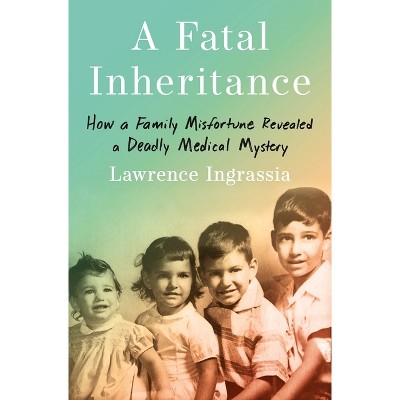Sponsored

Midnight, at the War - by Devi S Laskar (Hardcover)
Pre-order
Sponsored
About this item
Highlights
- Inspired by journalists Christiane Amanpour and Sylvia Poggioli, Midnight, at the War is a novel about a reporter chasing the biggest story of her career as she contends with a tense newsroom, a dangerous global conflict, and all the problems she's running away from at home, by the acclaimed novelist that Megha Majumdar calls "a gem of a writer.
- Author(s): Devi S Laskar
- 240 Pages
- Fiction + Literature Genres, Literary
Description
Book Synopsis
Inspired by journalists Christiane Amanpour and Sylvia Poggioli, Midnight, at the War is a novel about a reporter chasing the biggest story of her career as she contends with a tense newsroom, a dangerous global conflict, and all the problems she's running away from at home, by the acclaimed novelist that Megha Majumdar calls "a gem of a writer."
Foreign correspondent Rita Das has left New York for the war-torn Middle East, a reassignment she asks for after she learns she is pregnant and is uncertain whether the father is her husband or her lover. As she strives to shed light on the fallouts of the war, Rita finds herself embroiled in her own conflicts with her interpreter and her news editor, her sources and her colleagues. She is unable to accept the loss of her mother and deal with her guilt for not being at her side when she died.
Fiercely independent and ambitious (and in her journalism, deeply humane), Rita is also in denial about her need for intimate human relationships. As she goes into the field to report on the war, she grapples with the physical and emotional tolls of her pregnant body and a turbulent region where the numbing repetition of war slides suddenly into horror. When her news editor delivers urgent orders for her to return to New York, Rita is faced with a choice about how she wants to live her life as a journalist and a soon-to-be mother.
Set in the years immediately after 9/11, and drawn from Devi Laskar's own experience as a government reporter in the 1990s and early aughts, Midnight, at the War is an exploration of love and grief, of moral ambiguity and forgiveness, of modern war and the wars we wage within ourselves.
Review Quotes
"Laskar has created a complex heroine for our complex times: a journalist who fights for what she knows to be right and just, but can't find the same clarity with the men she loves. Laced with rat-a-tat-tat humor, fast-paced action, and war-ravaged settings, Midnight, at the War is a powerful punch of a story about what happens when you stop being your own worst enemy." - Alka Joshi, author of The Henna Artist
"At a time when honest and brave journalism could not be more important, Devi Laskar shows us what covering news we don't always want to hear ought to look like, how it ought to be done and the high cost in particular to the women who take on the task. That Laskar manages to do so in a story that is also an intimately personal family story, a page-turner, and an exquisitely-crafted read is rather miraculous. This is a brilliant, devastating, necessary, and ultimately hopeful book - read it now." - Meg Waite Clayton, author of Typewriter Beach
"In Midnight, at The War, Laskar masterfully entwines the intimate and the political, crafting a story that surges with urgency and depth. It's a narrative you don't simply read -- you surrender to it, pulled under by prose so luminous and a story so commanding that resistance is impossible." - Nina Schuyler, author of In This Ravishing World
"Laskar skillfully portrays the burden of loss and longing in lives defined by trauma." - Washington Post (on Circa)
"[A] tight, insightful novel... By following Heera from high school to adulthood, the author teases out nuanced tensions...A heartbreaking examination of family ties." - Kirkus Reviews (on Circa)
"Circa tells beautifully of the confines of grief, the courage that love compels, and the friendship that is at the heart of every enduring relationship. Devi Laskar is a gem of a writer." - Megha Majumdar, author of A Burning (on Circa)
"A subtle exploration of fate and free will. Keen as a seismologist, Devi S. Laskar traces the reverberations of a violent accident in the life of a young American-Bengali woman from her teen years straddling cultures in suburban North Carolina through her marriage in New York City. Lyrical and defiant, a beautiful and surprising work." - Janet Fitch, author of White Oleander and Chimes of a Lost Cathedral (on Circa)
"It takes place in a morning; it covers a lifetime." - Booklist (starred review) (on The Atlas of Red and Blues)
"As narratively beautiful as it is brutal ... I've never read a novel that does nearly as much in so few pages." - Kiese Laymon, New York Times bestselling author of Heavy (on The Atlas of Reds and Blues)
Shipping details
Return details
Frequently bought together


Trending Literary Fiction















